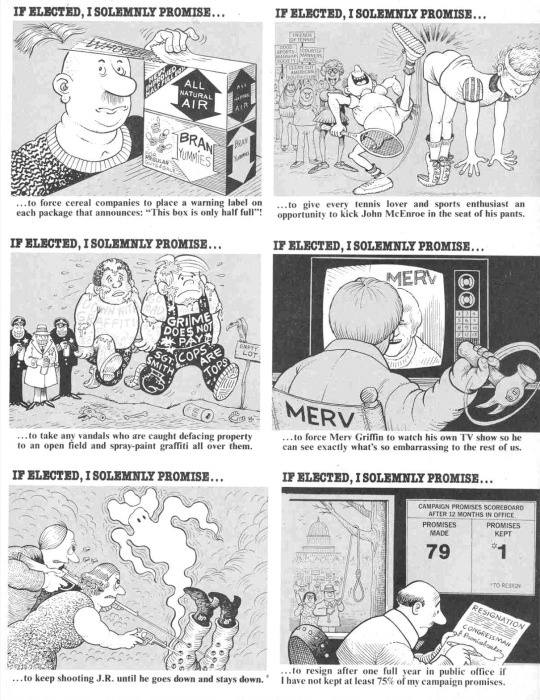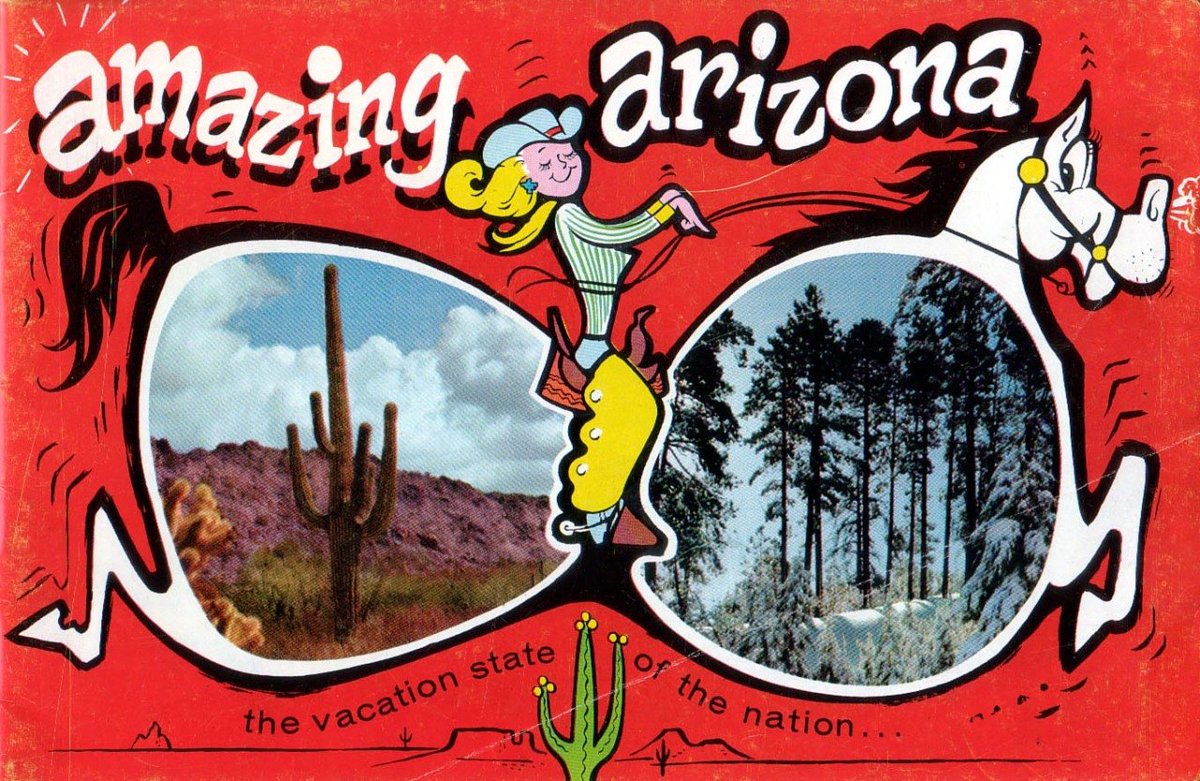
Last week, a US District Court blocked the merger of @penguinrandom, the world's largest publisher, and @simonschuster, the world's third-largest publisher. This is very, very good news.
npr.org/2022/11/01/113… 1/
npr.org/2022/11/01/113… 1/

If you'd like an essay-formatted version of this thread to read or share, here's a link to it on pluralistic.net, my surveillance-free, ad-free, tracker-free blog:
pluralistic.net/2022/11/07/ran… 2/
pluralistic.net/2022/11/07/ran… 2/
During the trial, the Penguin Random House argued it they would continue to compete with Simon and Schuster for books, bidding against them for prized titles. 3/
.@Stephenking punctured this absurd fiction, noting that this was like a husband and wife bidding against each other to buy the same house:
nytimes.com/2022/08/02/bus… 4/
nytimes.com/2022/08/02/bus… 4/
With the merger halted (pending appeal) the number of major trade publishers stands at five, which, while better than four, is still not very many. 5/
Practically speaking, it means that five corporate board-rooms are in charge of nearly all of our literature, deciding what gets published, what doesn't, and how those books are sold. That is a lot of power to vest in a very small number of hands. 6/
This concentration of power is obviously bad for authors, since a failure to sell your book to editors at a mere five houses means that it will not come out from a major publisher. 7/
As @rgibli and I document in our new book *Chokepoint Capitalism*, when publishing is this concentrated, copyright is largely irrelevant to authors' fortunes:
chokepointcapitalism.com 8/
chokepointcapitalism.com 8/
If you're in Edinburgh, you can come to our talk about the book at the #RadicalBookFair on Nov 10:
lighthousebookshop.com/events/chokepo…
We'll be at @WaterstonesOxf on Nov 12:
eventbrite.co.uk/e/chokepoint-c…
And at @ThePeale Museum in #Baltimore on Nov 18:
thepeale.org/event/book-tal… 9/
lighthousebookshop.com/events/chokepo…
We'll be at @WaterstonesOxf on Nov 12:
eventbrite.co.uk/e/chokepoint-c…
And at @ThePeale Museum in #Baltimore on Nov 18:
thepeale.org/event/book-tal… 9/
Concentration in publishing is also very bad news for publishing workers, a notoriously exploited group of people, whose working conditions are so bad that 1% of the entire sector's workforce resigned en masse last summer:
bookriot.com/great-publishi… 11/
bookriot.com/great-publishi… 11/
For these workers, a failure to secure a decent wage at just five employers means that they have no hope of working at any major publisher.
And for readers, all this means that the decisions about what you get to read are gathered into a vanishingly small number of hands. 12/
And for readers, all this means that the decisions about what you get to read are gathered into a vanishingly small number of hands. 12/
A tiny group of fallible humans will make decisions about what books are widely available, and, possibly even worse, a tiny group of fallible humans can be arm-twisted into not publishing works that governments or pressure groups don't want to see printed. 13/
In 1954, a far-right conspiracist named Fredric Wertham published a scientific hoax called "Seduction of the Innocent" that claimed that comic books were luring American children into a life of wanton sex, drug abuse and communism and/or fascism.
lostsoti.org 14/
lostsoti.org 14/
Wertham whipped up a "groomer" panic about comic books and in response, bedwetting conservatives burned mountains of comics and demanded government censorship. 15/
Opportunistic lawmakers took up the cause and threatened the comics industry with unconstitutional regulation of their publishing programs. 16/
The comics industry caved: a handful of cowardly executives formed a self-regulatory body called the "Comics Code Authority" whose seal of approval was withheld from all but the most inoffensive and bland of stories and illustrations. 17/
Most comics retailers refused to carry comics unless they bore this seal, and stores that bucked the Authority were raided and their owners fined or even jailed:
cbldf.org/about-us/case-… 18/
cbldf.org/about-us/case-… 18/
The CCA continued to have veto power over most comics until the year 2000 - for nearly half a century, an unaccountable star-chamber of prudes ruled over an entire art form. 19/
That was only possible because that industry was first cornered by a handful of unaccountable executives, who then handed power to the CCA.
Readers, writers, retailers, editors and publishers *all* suffer under publishing monopolies. 20/
Readers, writers, retailers, editors and publishers *all* suffer under publishing monopolies. 20/
The fact that the court blocked Penguin Random House from gobbling up Simon and Schuster is good for all of us.
Except...
There's a reason PRH wanted to devour S&S. Back in 2010, the Big Six publishers entered into an illegal conspiracy with Apple to price-fix ebooks. 21/
Except...
There's a reason PRH wanted to devour S&S. Back in 2010, the Big Six publishers entered into an illegal conspiracy with Apple to price-fix ebooks. 21/
The publishers wanted to force Amazon to stop subsidizing the Kindle books, selling them below the publishers' wholesale cost, and ensuring that all ebook purchases were *Kindle* book purchases, generally locked to the Kindle forever by DRM. 22/
Amazon has bottomless access to the capital markets as well as profitable divisions that it can use to prop up money-losing ones. 23/
The Big Six publishers understood that Amazon's ebook subsidy wasn't motivated by generosity towards readers - rather, it was about locking readers into the Kindle platform, and using that to secure leverage over publishers.
The publishers knew how Amazon used leverage. 24/
The publishers knew how Amazon used leverage. 24/
In the 2000s, Amazon launched "Project Gazelle," to locate weak, small publishers who depended on Amazon and could be driven them out of business by demanding massive discounts, like a cheetah hunting "a sickly gazelle":
businessinsider.com/sadistic-amazo… 25/
businessinsider.com/sadistic-amazo… 25/
So they conspired with Apple to only sell ebooks on the Ipad, unless Amazon agreed to end its predatory pricing scheme. That was wildly illegal and the publishers and Apple all paid hundreds of millions in fines as a result:
theguardian.com/technology/201… 26/
theguardian.com/technology/201… 26/
More than a decade later, Amazon is an even bigger threat to publishers. For one thing, it has substantially expanded its own publishing program, directly competing with print, ebook and audiobook publishers. 27/
Amazon has eye-watering quantities of data on these publishers' customers - what they search for, which books they buy together, where they are when they read, how many pages they read before pausing or giving up, and more. 28/
The publishers have *none* of this data. Amazon has mountains of data about the publishers' products that the publishers themselves lack, and Amazon *is* a publisher, but it's also their single most important retailer. The publishers are *massively* fucked here. 29/
Which is why there's all this pressure for the publishers to merge. When the CEO of Penguin, the CEO of Random House, and the CEO of Simon and Schuster meet to discuss Amazon pricing strategy, that is an illegal conspiracy. 30/
But when the *presidents* of Random House (a division of PRH/S&S), Penguin (a division of PRH/S&S), and Simon and Schuster (a division of PRH/S&S) meet, that's just business. 31/
And we've just blocked that. Which is good. The highly concentrated publishing industry is a real problem, but there's concentration all the way up and down the supply chain. For example, there's one national brick-and-mortar bookseller left. 32/
It's even worse in distribution: Ingram is the *only* major national book distributor left. If you're an independent press who doesn't want to go with Ingram for distribution, you'll almost certainly end up being distributed by Penguin Random House - your largest competitor. 33/
This is *very* bad for readers, writers, publishing workers, and literature itself.
This is the problem with monopolies: once there's a monopoly in your supply chain, everyone else in the supply chain has to form a monopoly or a cartel, or the monopoly will devour them. 34/
This is the problem with monopolies: once there's a monopoly in your supply chain, everyone else in the supply chain has to form a monopoly or a cartel, or the monopoly will devour them. 34/
That's how the US got its infinitely cursed health-care system. Big Pharma merged to monopoly and price-gouged hospitals. Hospitals formed regional monopolies to fight pharma prices - and then gouged the insurers. 35/
The insurers merged with one another and divided up the country like the Pope dividing up the New World, and fought hospital pricing. 36/
The whole health supply chain is monopolized, except for the patients at one end (paying higher prices for worse care) and the health care workers at the other end (getting paid less to work under worse conditions). 37/
The giants that run the industry may fight one another over how to divide the pie, but they all agree that we should get crumbs.
There's a joke whose punchline goes, "If you wanted to get there, I wouldn't start from here." 38/
There's a joke whose punchline goes, "If you wanted to get there, I wouldn't start from here." 38/
The existence of the Amazon monopoly means that when we block mergers elsewhere in the publishing supply chain, we just leave those un-merged companies vulnerable to Amazon's predation. 39/
That's not to say that un-merged companies are good, or letting them merge is good - just, if we wanted to get there, we wouldn't start from here.
But here we are, at the tail end of 40 years' worth of unbridled, uncontrolled corporate mergers. 40/
But here we are, at the tail end of 40 years' worth of unbridled, uncontrolled corporate mergers. 40/
Simon and Schuster isn't just "Simon and Schuster" - it's part of Paramount, which owns dozens of TV networks (Showtime, MTV, Comedy Central, etc) as well as CBS and a bunch of amusement parks. 41/
If we wanted to get somewhere we shouldn't start from here, but here we are, so what do we do? Well, there's an obvious remedy for companies that have merged to monopoly: break 'em up!
pluralistic.net/2020/07/29/bre… 42/
pluralistic.net/2020/07/29/bre… 42/
But breakups are *achingly* slow. The breakup of AT&T took *sixty-nine years*:
onezero.medium.com/jam-to-day-46b… 43/
onezero.medium.com/jam-to-day-46b… 43/
There are other tools in our toolkit, though. Trustbusters once relied on #StructuralSeparation," the idea that companies that provided important platforms for other businesses couldn't be allowed to compete with those business. 44/
For example, rail companies couldn't own freight companies that competed with the shippers that were the rail companies' customers:
locusmag.com/2022/03/cory-d… 45/
locusmag.com/2022/03/cory-d… 45/
Structural separation would force Random House to decide whether to be a publisher or a distributor, and force Amazon to decide whether it was a retailer or a publisher. 46/
Structural separation is enjoying a renaissance: the EU #DigitalMarketsAct bans large companies from competing with the apps in their app stores:
appleinsider.com/articles/22/11… 47/
appleinsider.com/articles/22/11… 47/
But even if Random House decides to be a publisher and not a distributor, that leaves Ingram as the only major trade distributor. Even if Amazon stops being a publisher, it's still the only major ebook retailer. Power is still in too few hands! 48/
How do we pluralize that power? Here's my idea, which is either a crank notion or a stroke of genius (I go back and forth on this question nearly daily): *declare a tax-holiday for capital gains from voluntary corporate breakups.*
doctorow.medium.com/shovel-ready-3… 49/
doctorow.medium.com/shovel-ready-3… 49/
I'm old enough to remember when corporate raiders and finance bros were obsessed with taking over companies and selling off their divisions, not merging them with their rivals. 50/
If we declare a three-year tax holiday for capital gains resulting from unwinding economically significant (>$1B) 21st century mergers, could we lure those corporate crooks out of retirement for one last heist? 51/
I'm the first to admit that this has lots of downsides. For one thing, we're *paying* the finance bros who destroyed our economy rather than, say, displaying them in stocks and pelting them with rotten vegetables. That's galling. I hate it. 52/
The other major possible downside is that whatever limits we put on this (a three-year expiry, or a 20-year ban on re-merging companies after breakups) will be overridden by finance bros, who will use some of the profits from the program to expand it. 53/
But I don't know for sure that those should be dealbreakers. If all we do is block terrible mergers between giant companies but we don't break up the monopolies that are choking every supply chain, we're just handing control to the monopolists who got in under the wire. 54/
It's so crazy it just might work. 55/
#Correction: this thread characterized Frederic Wertham as "a far-right conspiracist." That was incorrect. While Wertham was a conspiracist, he was not far right. I regret the error.
• • •
Missing some Tweet in this thread? You can try to
force a refresh
























